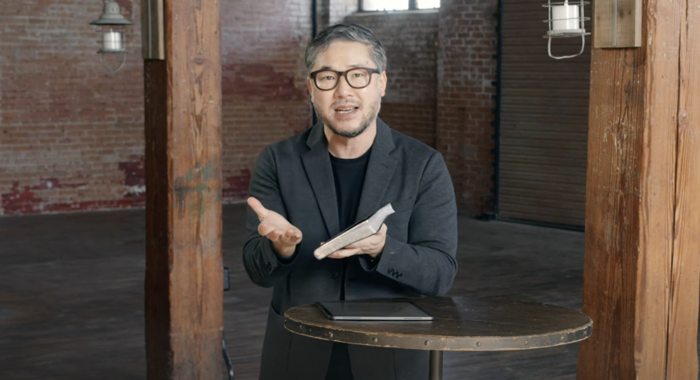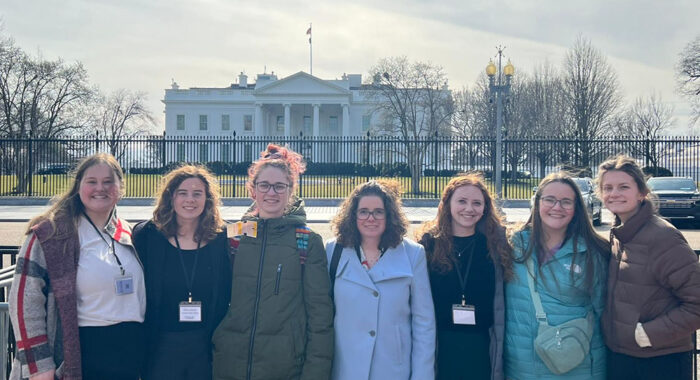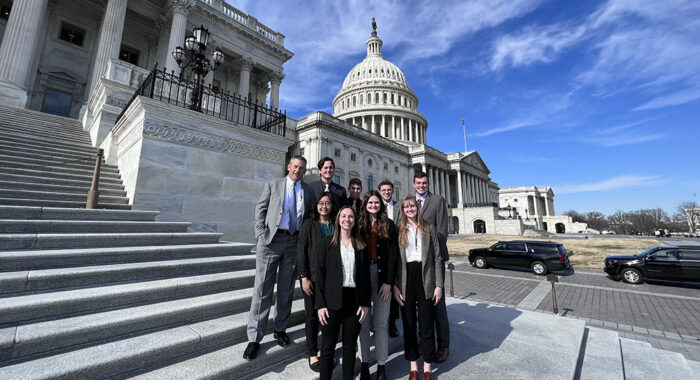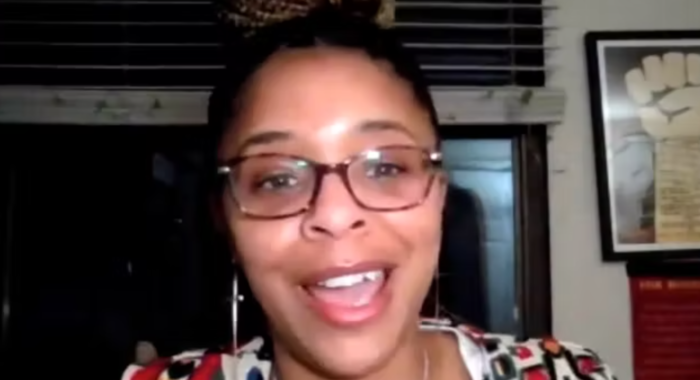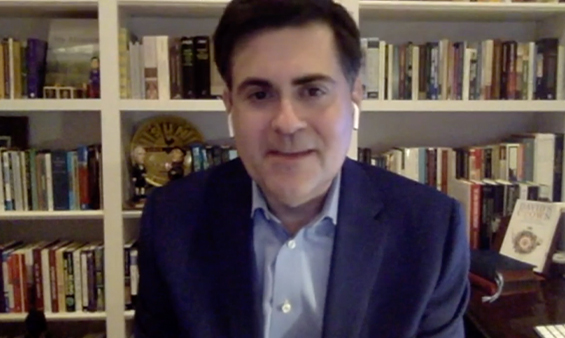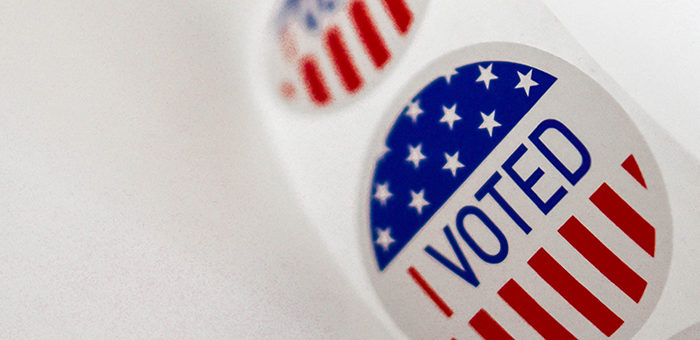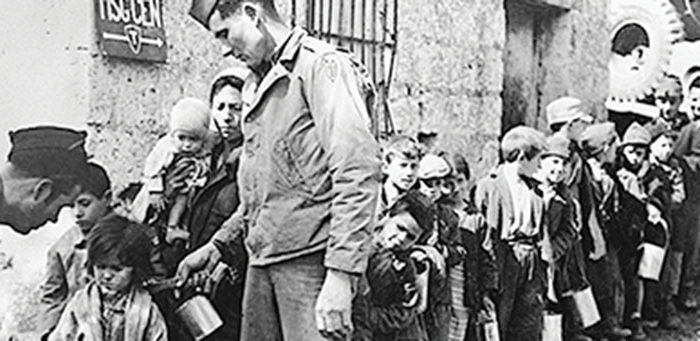Jenny Yang is vice president of advocacy and policy for World Relief. She has worked in the resettlement section of World Relief as senior case manager and East Asia program officer where she focused on advocacy for refugees in the East Asia region and managed the entire refugee caseload for World Relief before their arrival to the United States. She holds a bachelor of science from The Johns Hopkins University in international relations and affairs.

Jenny Yang provides oversight for all advocacy initiatives and policy positions at World Relief, the humanitarian arm of the National Association of Evangelicals. She has worked in the resettlement section of World Relief as senior case manager and East Asia program officer, where she focused on advocacy for refugees in the East Asia region and managed the entire refugee caseload for World Relief.
Prior to World Relief, she worked at one of the largest political fundraising firms in Maryland managing fundraising and campaigning for local politicians. She is co-author of “Welcoming the Stranger: Justice, Compassion and Truth in the Immigration Debate,” serves as chair of the Refugee Council USA (RCUSA) Africa Work Group, and was named one of the “50 Women to Watch” by Christianity Today.
Scripture calls us to feed the hungry, clothe the naked, take in the stranger, care for the sick and visit the prisoner. What is the connection to advocacy?
To pursue shalom for our vulnerable neighbors — including the people Jesus specifically asks us to care for in Matthew 25 — we must go beyond direct service to pursuing just laws and policies, so our neighbors can fully thrive. We see examples throughout the Bible — from Moses, Esther and Nehemiah to the prophets Isaiah and Joel — that God loves and pursues justice. We also advocate, because Jesus is our advocate, or “paraclete,” interceding on behalf of humanity before God (1 John 2).
What is advocacy, and how does advocacy differ from lobbying?
Advocacy can be defined by Proverbs 31:8, which commands us to “speak up for those who cannot speak for themselves, for the rights of all who are destitute.” Advocacy consists of organized activities based on the reality of “what is.” These actions highlight critical issues, influence public attitudes and ultimately seek to enact laws and policies so that “what should be” is realized in a society. Lobbying promotes self-interests, while advocacy speaks on behalf of or with others out of a desire for justice. Advocacy doesn’t aim to be partisan nor should it be interested in endorsing specific candidates, but rather it focuses on issues at hand that any person or party can relate to and speak to.
How did you get involved in advocating for vulnerable populations?
When I was studying in Spain, I witnessed an incident involving an African mother and her child. They were riding the subway when some Spanish teenagers boarded and started spraying graffiti on the walls. They scrawled, “Get out of my country, Black people.” I was offended that this happened, but I was more upset that no one said anything. I realized that not only were changes in Spanish attitudes towards migrants needed, but that this woman was also likely navigating a complex system to immigrate to Spain in the first place. That summer, I volunteered at an organization to combat racism in Spain and also did research at the United Nations on how the asylum system works in Spain and Europe. Now I work at World Relief where we help churches care for our vulnerable neighbors and encourage our elected leaders to make just changes to our nation’s policies and laws.
There are a lot of policy issues to care about. How do you decide what is most important?
The issues that tug at your heart and lead you to pray are the ones that you should also address. I have a passion for immigration and refugee issues born out of my experience as the daughter of immigrants, but I also care about creation care, religious freedom and other issues. As Christians, we must have a consistent pro-life witness that cares about the unborn child as well as how that child is living in a broken world.
The number of refugees admitted to the United States has gone down substantially over the last couple years. What is World Relief doing to reverse that trend?
Although we’re facing the world’s worst displacement crisis since World War II, we have the lowest refugee ceiling since the start of the U.S. refugee admissions program in 1980 at 45,000. World Relief has advocated for a higher refugee admissions ceiling by weighing in with the administration and working with members of Congress to maintain a level of 75,000, which is more consistent with historic norms. The president has stated his desire to help persecuted Christians abroad. The U.S. refugee admissions program is a vital lifeline of protection for persecuted believers that if strengthened and used more robustly can help the administration meet this goal.
Are there tactics you find most effective when talking to legislators or their staff members on Capitol Hill?
First, it’s best to enter conversations believing the best about the other and not questioning people’s motivations. I also often highlight why we care about a specific issue — often because there’s a gross injustice, and our faith compels us to action. Lastly, we need to be non-partisan, asking for policy changes that can challenge both parties or that both parties can support.
How can individual Christians around the United States engage in advocacy?
I coined the phrase the “4 A’s of Advocacy,” which includes the spectrum of actions in advocacy: apathy, awareness, action and advocacy. If you’re apathetic, this means you should become more aware and educated on an issue. If you’re aware of something, then the next step is to take some kind of action, whether praying, giving or getting involved in a local ministry that pertains to that issue. If you’re actively engaged, the next step is to use your voice to speak out and try to inform people, as well as work with others to change policies and laws that lead to oppression and injustice.
Local churches often bring together a mix of people from different political persuasions. Is it possible for churches to engage in meaningful advocacy? If so, what would that look like?
Churches may be reticent to be political out of fear of being partisan. Being political means that we discuss matters that affect the “polis” or common community, while partisanship often entails endorsing one political party over another. Churches can engage in advocacy without being partisan through prayer and education. Praying about a current topic allows church members to be on a collective journey in learning about why and how they should care. Developing a sound theological framework to apply to political issues can deepen our discipleship and help us be more active citizens. The NAE’s “For the Health of the Nation” is a great resource for helping to do that.
This article originally appeared in Evangelicals magazine.



 View All Articles
View All Articles 





